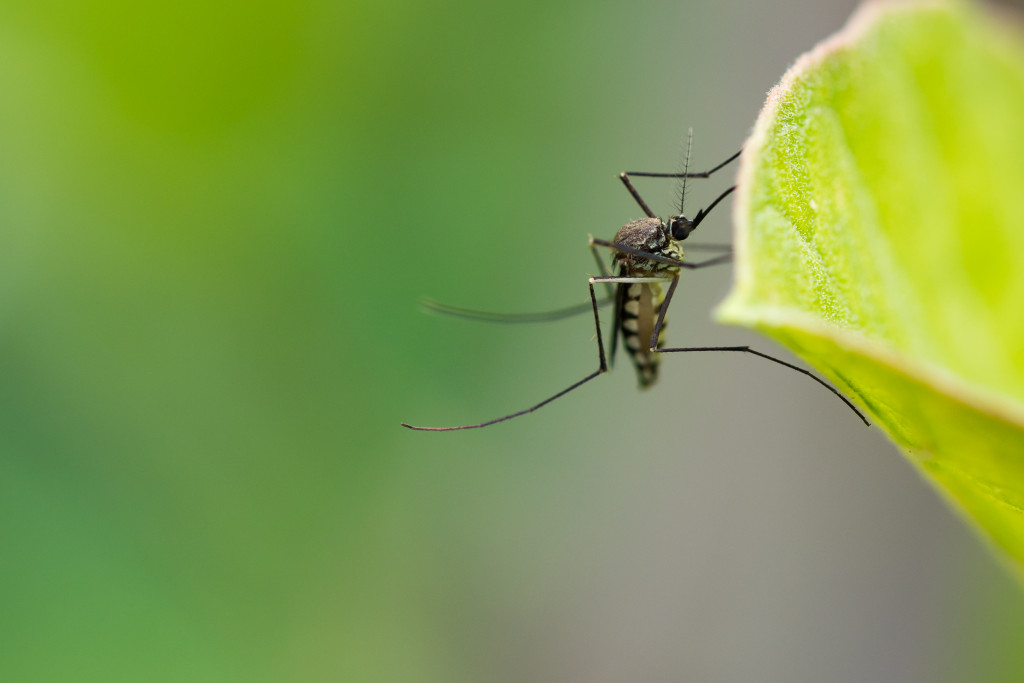Washington does not really have a mosquito problem. While the Pacific Northwest region of the United States has its own share of the blood-suckers, the population is relatively small. Whereas Texas and Florida have to regularly contend with hordes of mosquitoes, some of which can transmit diseases, Washington does not experience outbreaks.
However, experts warn that this might change.
Mosquitoes in Washington
The longer and hotter summer season, which the U.S. has been experiencing increasingly in the past couple of years, can boost the population of mosquitoes in Washington. The Washington State Department of Health has been monitoring the presence of mosquitoes for more than a decade. And, in July, it detected the first mosquito carrying the West Nile virus.
The West Nile virus is the leading mosquito-borne disease in the continental U.S. Most people infected will not get sick, but one in five will develop symptoms such as headaches, fever, body aches, joint and muscle pain, vomiting, diarrhea, and rashes. About one in 150 may develop severe symptoms, including high-grade fever, neck stiffness, muscle fatigue, vision loss, disorientation, tremors, numbness, paralysis, convulsions, and coma.
There is no vaccine available against it.

Yet, Washington has become an ideal place where mosquitoes can thrive and breed in the past four decades. There are two things that mosquitoes like: heat and moisture. Because of climate change, the Pacific Northwest is increasingly more welcoming to populations of mosquitoes.
Not all mosquitoes are dangerous. Out of about 200 types found in North America, only 12 are known to spread diseases through a bite. Others are nuisance, but they help the local ecosystem by becoming fodder to many animals such as frogs.
The summers in Washington are becoming hotter for longer. Meanwhile, the winters are becoming wetter. While the region does not have marshlands where mosquitoes can lay their eggs, there are plenty of other places where the blood-sucking pests can multiply.
When You Ignore Your Gutters
Homeowners are advised to regularly and thoroughly clean their gutters, especially before the rainy season. The fallen leaves and other debris that have accumulated in the gutters will block the passage of water. When the gutters are blocked, bad things can happen. The gutters might become too heavy and fall. The water might also overflow and fall to areas where there should not be any moisture.
Moreover, the gutters can be a breeding ground for disease-causing mosquitoes.
Make it a habit to clear your gutters of any debris. You can do it on your own with a pair of gloves, but you can also ask for the help of the local gutter cleaning service in your area. The professionals can do a better job, ensuring that no water accumulates and creates the perfect space for mosquitoes to multiply.
When You Leave Trash Cans Open
It is common courtesy to keep your trash can covered. The sanitation workers and your neighbors will appreciate the gesture because trash will not fly out whenever the wind blows. It also keeps the smell securely inside, not wafting out and around.
Moreover, a covered trash can will not invite different kinds of pests such as raccoons, rats, flies, and mosquitoes.
If the lid of the trash can is tightly shut, no water can enter and create a pool for mosquitoes to breed. The blood-sucking insects do not discriminate. They can lay their eggs in any shallow and stagnant body of water. That includes the inside of a trash can.
Homeowners should keep their trash cans covered at all times because it is decent and ensures the entire community’s safety.
When Water for Animals Is Left Unchanged
Mosquitoes might also be breeding in pet bowls and bird baths.
Animals also need water to drink. However, people who leave out water for pets or wild animals should remember to change it frequently. Water in pet bowls and bird baths creates risk because they help grow the population of mosquitoes in the community. Even if it is meant to be consumed by animals, any stagnant water can still serve as a nursery for larvae. Remember to drain the water in pet bowls and bird baths every day to prevent mosquitoes.
Mosquitoes are increasingly becoming a threat to public health in the U.S. because of climate change. The warmer weather is creating the perfect conditions for the blood-suckers to multiply and thrive. As the average temperature increases across the nation, more and more people will get sick because of the germs transmitted by mosquitoes through a bite. While there are measures that individuals can take to prevent mosquito populations from growing, the best way to solve the problem is to take action against climate change.

